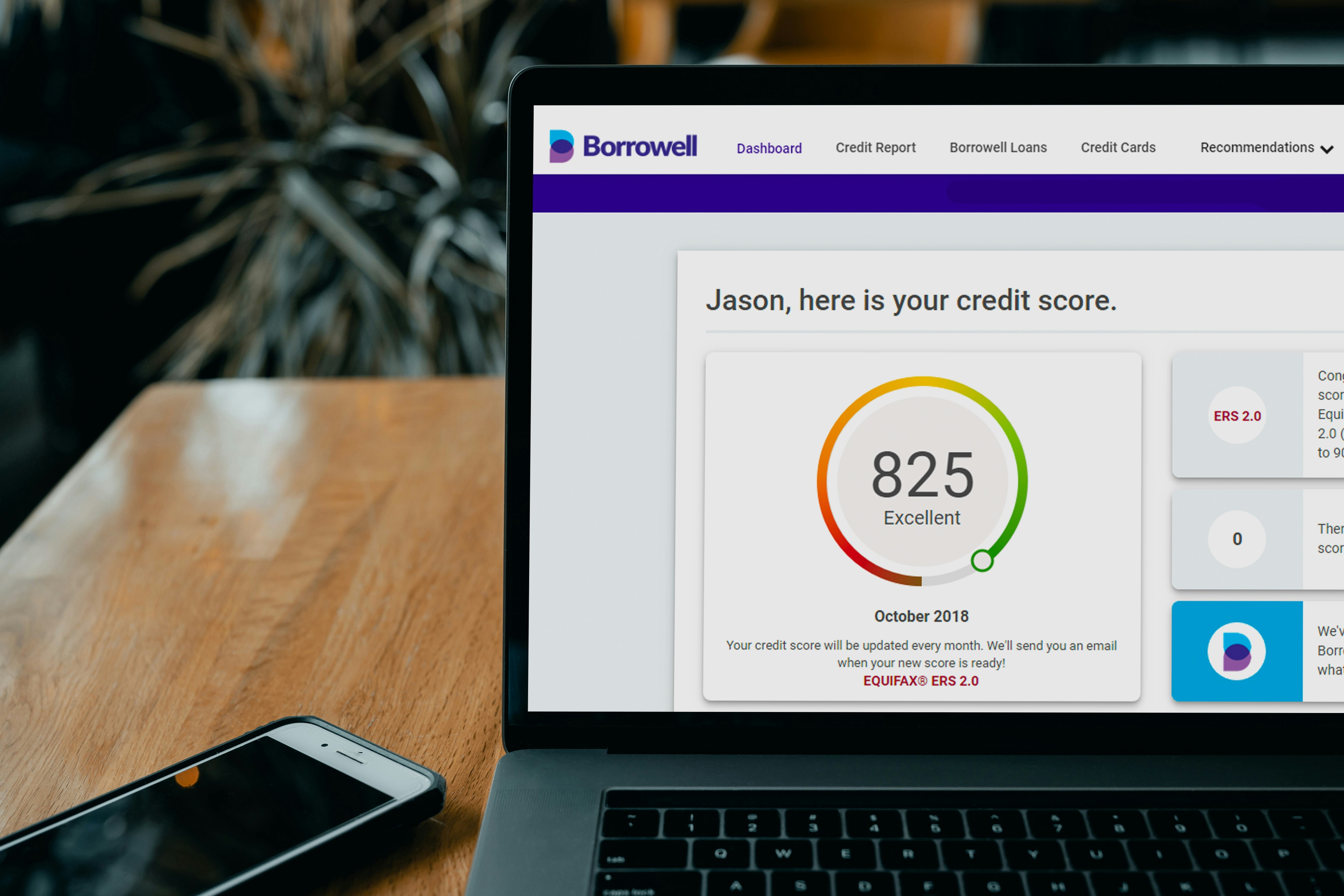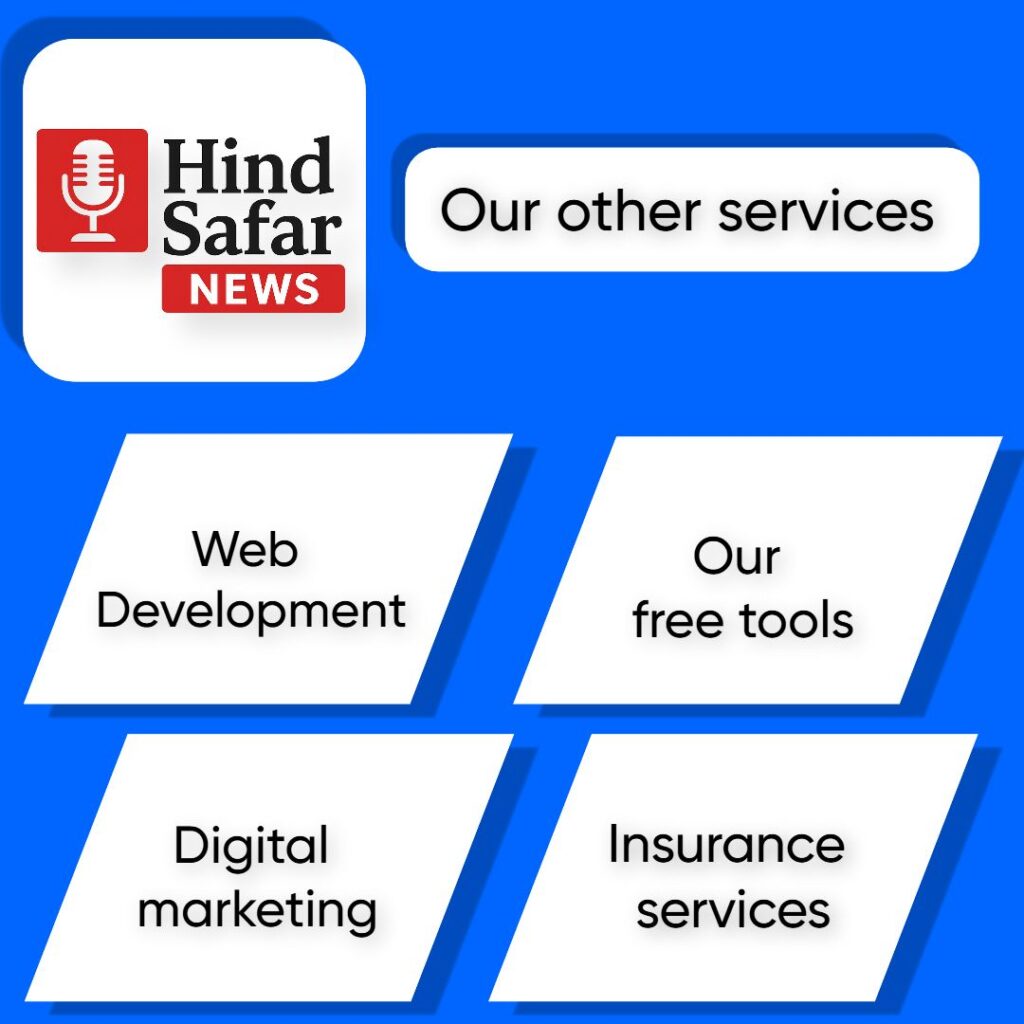Off-Page SEO Secrets: Unlocking 7 Amazing Tips & Avoiding Costly Errors!

Table of Contents
Off-Page SEO Secrets: Navigating the complex world of Search Engine Optimization (SEO) requires a multifaceted approach. While on-page SEO focuses on optimizing the content and technical aspects of your website, Off-page SEO encompasses all the actions taken outside your website to improve its search engine rankings. Think of it as building your website’s reputation and authority across the vast expanse of the internet. A strong Off-page SEO strategy signals to search engines that your website is valuable and trustworthy, leading to higher visibility in search results. Understanding the nuances of Off-page SEO is crucial for any business or individual looking to establish a strong online presence. This comprehensive guide will delve into seven key secrets of effective Off-page SEO, while also highlighting common pitfalls to avoid, providing valuable insights for audiences in India, the USA, the UK, France, and Germany.
| Aspect | Description | Relevance to Off-page SEO | Considerations for Different Regions |
| Link Building | Acquiring hyperlinks from other websites to your own. | A fundamental pillar of Off-page SEO, high-quality backlinks act as “votes of confidence” for your website. | India: Focus on building relationships with local businesses and directories. USA/UK/Germany/France: Emphasize industry-specific publications and authoritative websites relevant to your niche. Consider language-specific outreach in France and Germany. |
| Brand Mentions | Instances where your brand name is mentioned on other websites, even without a direct link. | Enhances brand visibility and authority, indirectly influencing search engine perception of your website’s importance. | Monitor brand mentions across all regions. In India, local language mentions can be significant. In the West, social media and news outlets play a larger role. |
| Social Media Marketing | Promoting your content and engaging with your audience on various social media platforms. | While not a direct ranking factor, it drives traffic, increases brand awareness, and can lead to more natural backlinks and mentions. | Tailor your social media strategy to the popular platforms in each region. WhatsApp and Facebook are prominent in India, while Twitter and LinkedIn see significant use in the USA and UK. Local platforms may be important in France and Germany. |
| Online Reputation Management (ORM) | Monitoring and influencing your brand’s online reputation through reviews, testimonials, and PR. | Positive reviews and a strong online reputation build trust and credibility, which can indirectly impact SEO performance. | Encourage reviews on relevant platforms in each country. Consider local review sites and directories. Address negative feedback promptly and professionally across all regions. |
| Content Marketing (Off-site) | Creating and distributing valuable content on third-party platforms (e.g., guest blogging, articles on other websites). | Expands your reach, positions you as an industry expert, and earns valuable backlinks. | Identify relevant publications and blogs in your niche within each target region. Adapt your content to suit the audience and language of each platform. |
| Local SEO (for Local Businesses) | Optimizing your online presence to attract customers from local searches. | Includes citations on local directories, managing Google My Business (now Google Business Profile), and gathering local reviews, all of which contribute to Off-page SEO for local businesses. | India: Ensure listings on Just Dial, Sulekha, and IndiaMART. USA/UK: Focus on Yelp, Yellow Pages, and local business directories. France/Germany: Utilize local equivalents and ensure accurate NAP (Name, Address, Phone number) consistency. |
| Public Relations (PR) | Efforts to manage and disseminate information about your company to the public through media outlets. | Positive media coverage can significantly boost brand awareness, authority, and often results in high-quality backlinks from reputable news websites. | Target relevant media outlets in each country. Consider cultural nuances and local news cycles when pitching stories. Export to Sheets |
The Cornerstone of Off-Page SEO: Building High-Quality Backlinks

At the heart of Off-page SEO lies the acquisition of backlinks. A backlink is essentially a link from one website to another. Search engines view backlinks as endorsements; the more high-quality backlinks a website has, the more authoritative and trustworthy it appears. However, not all backlinks are created equal. A backlink from a reputable, high-authority website in your niche carries significantly more weight than a link from a low-quality or irrelevant site.
Why are Backlinks Crucial for Off-Page SEO?
- Improved Search Engine Rankings: Backlinks are a significant ranking factor. Search engines use them to gauge the popularity and authority of a website.
- Increased Referral Traffic: Backlinks from relevant websites can drive targeted traffic to your site.
- Enhanced Website Authority and Credibility: Earning backlinks from trusted sources enhances your website’s reputation in the eyes of both search engines and users.
- Faster Indexing: Search engine crawlers can discover new content on your website faster through backlinks from already-indexed pages.
Effective Link Building Strategies for Off-Page SEO
Building high-quality backlinks requires a strategic and ethical approach. Here are some effective Off-page SEO link-building strategies:
- Guest Blogging: Writing and publishing articles on other reputable websites in your industry with a link back to your site. This is a win-win: you gain exposure to a new audience and earn a valuable backlink. When targeting different regions:
- India: Look for popular industry blogs and online publications catering to the Indian market.
- USA/UK: Target established blogs and websites with a strong Domain Authority (DA) and a relevant audience.
- France/Germany: Identify French and German language blogs and publications in your niche. Ensure your content is culturally relevant and linguistically accurate.
- Broken Link Building: Identifying broken links on other websites and suggesting your relevant content as a replacement. This is a helpful tactic that website owners often appreciate.
- Utilize tools to find broken links on relevant websites in each target country.
- Ensure your suggested content is a perfect replacement and offers genuine value.
- Resource Page Link Building: Creating valuable, informative content that other websites would want to link to as a resource. This could be in the form of comprehensive guides, infographics, or useful tools.
- Research resource pages in your industry within each region and identify gaps where your content could fit.
- Promote your resource to relevant website owners.
- Skyscraper Technique: Finding popular content in your niche, creating a better, more comprehensive version, and then reaching out to those who linked to the original content, suggesting they link to your superior resource instead.
- Identify high-performing content in your target regions using local search results and content analysis tools.
- Ensure your “skyscraper” content is significantly better in terms of depth, visuals, and up-to-dateness.
- HARO (Help A Reporter Out): Subscribing to HARO and responding to media queries related to your expertise. If your pitch is accepted, you can gain valuable backlinks from news websites and publications.
- Tailor your responses to be relevant to the specific media outlet and its audience in each country.
- Directory and Citation Building: Listing your business on relevant online directories and citation sites. This is particularly important for local Off-page SEO.
- India: Focus on directories like Justdial, Sulekha, IndiaMART, and local city-specific directories. Ensure NAP (Name, Address, Phone number) consistency.
- USA/UK: Utilize Yelp, Yellow Pages, local Chambers of Commerce, and industry-specific directories.
- France: Explore directories like Les Pages Jaunes and local professional organizations.
- Germany: Register on Das Telefonbuch, Gelbe Seiten, and industry-specific German directories.
- Scholarships and Sponsorships: Offering scholarships or sponsoring relevant events or organizations can earn you backlinks from educational institutions and event websites.
- Target universities and organizations that align with your brand and target audience in each region.
- Creating Linkable Assets: Developing valuable and shareable content formats like infographics, videos, interactive tools, and original research that naturally attract backlinks.
- Design your assets to be visually appealing and relevant to the interests of your target audience in different countries. Consider language variations and cultural nuances.
The Dark Side of Off-Page SEO: Tactics to Avoid
While building backlinks is essential, it’s crucial to avoid unethical and manipulative tactics that can harm your website’s rankings and reputation. These include:
- Buying Backlinks: Purchasing backlinks is a direct violation of search engine guidelines and can result in severe penalties.
- Private Blog Networks (PBNs): Creating or using a network of private websites solely to link back to your site is easily detectable and penalized.
- Link Farms: Websites that exist solely to provide backlinks are low-quality and can negatively impact your SEO.
- Excessive Link Exchange: Engaging in reciprocal linking schemes, where you link to everyone who links to you can be seen as manipulative.
- Spamming Comment Sections and Forums: Leaving irrelevant links in comment sections and forums is ineffective and can damage your brand’s reputation.
- Low-Quality Guest Blogging: Submitting poorly written or irrelevant guest posts to low-authority websites provides little to no SEO value and can even be harmful.
Beyond Backlinks: Other Crucial Off-Page SEO Factors
While backlinks are a cornerstone, Off-page SEO encompasses more than just link acquisition. Several other factors contribute to building your website’s authority and visibility:
Brand Mentions and Authority Building in Off-Page SEO
Even without a direct link, mentions of your brand name on other websites can positively influence your Off-page SEO. These “implied links” signal to search engines that your brand is being discussed and recognized online, contributing to your overall authority.
- Monitor Brand Mentions: Use tools to track mentions of your brand across the web.
- Engage with Mentions: Where appropriate, engage with those who mention your brand, thanking them or offering further information.
- Build Brand Awareness: Actively work on increasing your brand visibility through PR, social media, and content marketing efforts.
For audiences in different regions:
- India: Monitor mentions on local news sites, industry-specific forums, and social media platforms popular in India.
- USA/UK: Track mentions on major news outlets, industry publications, and influential blogs.
- France/Germany: Pay attention to mentions in French and German language online media and industry portals.
The Role of Social Media in Off-Page SEO

While social media links are generally no-follow (meaning they don’t directly pass link equity), a strong social media presence plays an indirect but significant role in Off-page SEO:
- Increased Visibility and Reach: Social media helps you reach a wider audience, increasing the chances of your content being seen and potentially linked to by others.
- Driving Referral Traffic: Social media platforms can be a significant source of referral traffic to your website.
- Brand Building and Engagement: Active social media engagement builds brand loyalty and can foster a community around your brand.
- Content Amplification: Social media provides a platform to share your content, increasing its visibility and potential for earning backlinks.
Tailor your social media strategy to the preferred platforms in each region:
- India: Focus on Facebook, WhatsApp, Instagram, and YouTube.
- USA/UK: Utilize Twitter, Facebook, LinkedIn, and Instagram.
- France: Consider Facebook, Twitter, Instagram, and potentially local platforms.
- Germany: Focus on Facebook, YouTube, and professional networking sites like Xing.
Online Reputation Management (ORM) and Off-Page SEO
Your online reputation significantly impacts how users and search engines perceive your brand. Positive reviews, testimonials, and a strong online presence contribute to trust and credibility, indirectly benefiting your Off-page SEO.
- Monitor Online Reviews: Regularly check review sites relevant to your industry and location.
- Respond to Reviews: Address both positive and negative reviews professionally and promptly.
- Encourage Positive Reviews: Make it easy for satisfied customers to leave reviews.
- Manage Negative Feedback: Have a plan in place to address and resolve negative feedback constructively.
Consider regional review platforms:
- India: Look at Justdial, Google Business Profile, and industry-specific review sites.
- USA: Focus on Yelp, Google Business Profile, and industry review sites.
- UK: Utilize Trustpilot, Google Business Profile, and relevant industry platforms.
- France: Monitor Google Business Profile, Trustpilot, and local review sites.
- Germany: Pay attention to Google Business Profile, Trusted Shops (for e-commerce), and local review platforms.
Local SEO and Its Off-Page Components
For businesses with a physical location or those targeting local customers, Local SEO is crucial. Many Local SEO efforts fall under the umbrella of Off-page SEO:
- Google Business Profile (GBP) Optimization: Ensuring your GBP listing is complete, accurate, and actively managed is vital for local visibility.
- Local Citations: Listing your business on relevant online directories with consistent NAP information.
- Local Link Building: Obtaining backlinks from local businesses, organizations, and community websites.
- Local Reviews: Encouraging and managing reviews on platforms like Google Maps and local directories.
Specific considerations for each region:
- India: Optimize your presence on Google Business Profile and local Indian directories like Justdial and Sulekha. Seek local business partnerships for link building.
- USA/UK: Focus on consistent NAP across major directories like Yelp and Yellow Pages. Engage with local community websites and organizations.
- France/Germany: Ensure accurate listings on local equivalents of Google Maps and relevant professional directories. Seek partnerships with local businesses.
Content Marketing (Off-Site) and Off-Page SEO Synergies
Creating and distributing valuable content on third-party platforms is a powerful Off-page SEO tactic. Guest blogging, publishing articles on industry websites, and contributing to online communities can:
- Earn High-Quality Backlinks: Often, these platforms allow you to include a link back to your website.
- Expand Your Reach and Audience: You can tap into the existing audience of the platform you’re contributing to.
- Establish Thought Leadership: Sharing your expertise on reputable platforms enhances your credibility.
- Drive Referral Traffic: Interested readers on these platforms may click through to your website.
Tailor your content and target platforms to each region’s preferences and language:
- India: Target popular industry blogs and online publications relevant to the Indian market.
- USA/UK: Aim for established blogs and websites with a strong domain authority in your niche.
- France/Germany: Create content in French and German and target relevant local industry websites and publications.
Public Relations (PR) and Off-Page SEO Benefits
Strategic PR efforts can yield significant Off-page SEO benefits:
- High-Authority Backlinks: Mentions and features in reputable news outlets and media publications often come with high-quality backlinks.
- Increased Brand Visibility and Authority: Positive media coverage enhances brand recognition and trust.
- Wider Reach and Audience: PR can expose your brand to a much larger and often different audience.
Consider local media landscapes and cultural nuances when conducting PR in different regions:
- India: Target leading English and regional language news outlets and online publications.
- USA/UK: Focus on major national and industry-specific news websites and magazines.
- France/Germany: Engage with prominent French and German language news sources and industry publications.
Measuring the Success of Your Off-Page SEO Efforts
Tracking your Off-page SEO progress is essential to understand what’s working and identify areas for improvement. Key metrics to monitor include:
- Number and Quality of Backlinks: Use tools to track the growth of your backlink profile and analyze the authority of linking domains.
- Referral Traffic: Monitor the traffic coming to your website from other websites.
- Brand Mentions: Track how often and where your brand is being mentioned online.
- Domain Authority (DA) and Domain Rating (DR): These metrics, provided by tools like Moz and Ahrefs, indicate the overall strength and authority of your website’s backlink profile.
- Social Media Engagement: Track likes, shares, comments, and overall engagement on your social media posts.
- Search Engine Rankings: Monitor your website’s position for your target keywords. While not solely influenced by Off-page SEO, it’s a key indicator of overall SEO success.
Remember to use analytics tools like Google Analytics and various SEO software to track these metrics effectively across all your target regions.
Crafting a Winning Off-Page SEO Strategy for Global Audiences
Implementing a successful Off-page SEO strategy requires a tailored approach that considers the nuances of your target audience and the specific online landscape of each region. By focusing on building high-quality backlinks, nurturing brand mentions, leveraging social media effectively, managing your online reputation, optimizing for local search, engaging in off-site content marketing, and pursuing strategic PR, you can significantly enhance your website’s authority, visibility, and ultimately, its search engine rankings across India, the USA, the UK, France, Germany, and beyond. Remember to prioritize ethical and sustainable practices to build a strong and lasting online presence.














